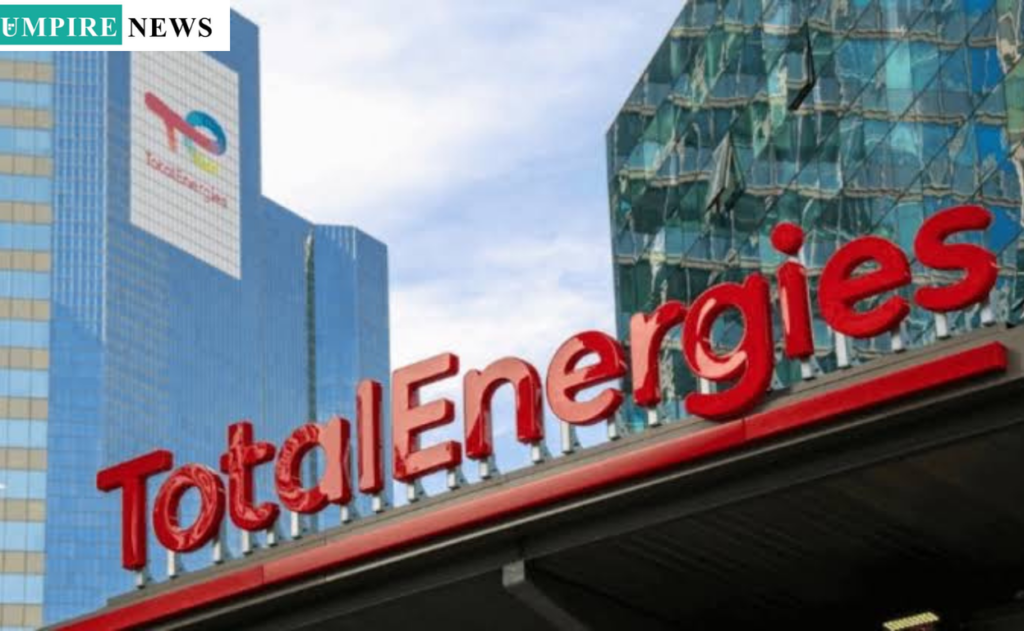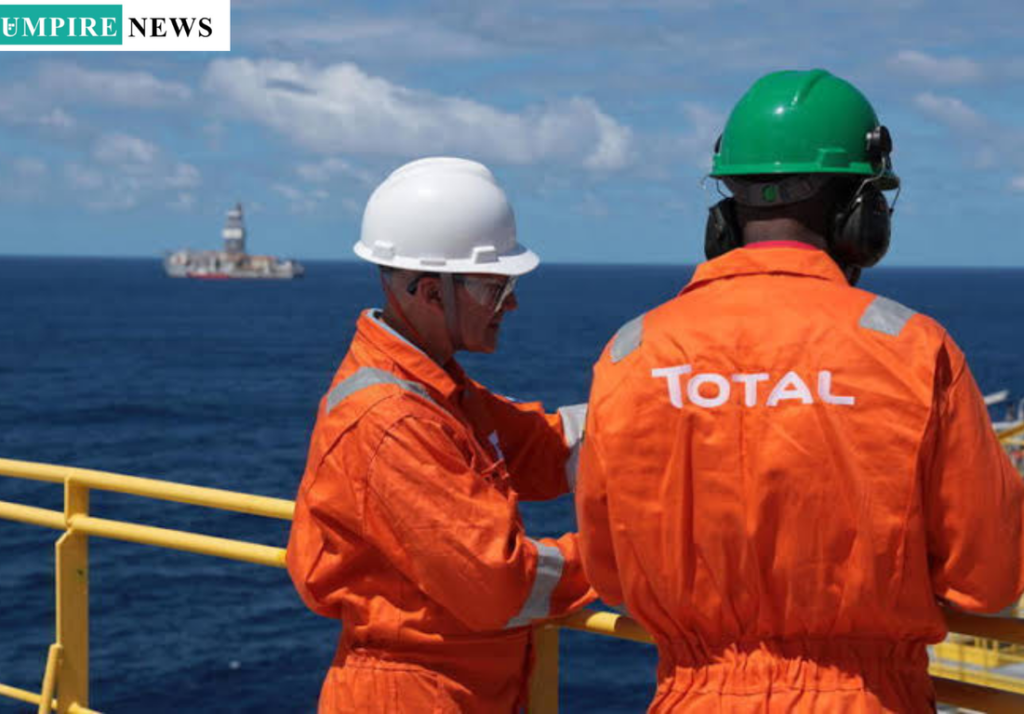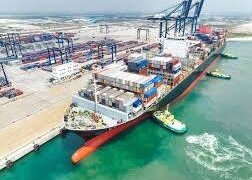Africa’s largest oil producer, Nigeria, is struggling to attract investments into its energy sector, while a smaller-sized South American nation, Suriname, is drawing serious attention from TotalEnergies, one of the world’s leading oil companies.
This contrast highlights the different trajectories of these two countries in the global energy landscape.
Suriname, with a population of approximately 700,000 and an economy that accounts for less than 1 percent of Nigeria’s GDP, has recently discovered major offshore oil reserves.
This discovery has turned the country into a rising star in the energy market, largely due to favorable investment conditions.

Meanwhile, Nigeria faces an array of challenges, including insurgent activity, hostile local communities, and poor implementation of government fiscal and regulatory policies, all of which complicate its efforts to attract investments from oil majors.
According to findings, TotalEnergies has followed through on its commitment to make a final investment decision (FID) for a $10 billion offshore oil and gas development in Suriname.
This project, located in Block 58, around 140 kilometers offshore, will be the South American country’s first major oil development.
The Gran Morgu field is estimated to contain recoverable resources of 700 million barrels of oil equivalent, adjacent to Exxon’s discoveries in the same region.
“Gran Morgu fits with our strategy to accelerate time-to-market and develop low-cost and low-emission oil projects,” said Patrick Pouyanné, chairman and CEO of TotalEnergies.
“We look forward to continuing our fruitful collaboration with Staatsolie to deliver a transformative project for Suriname’s economy.”
Staatsolie, Suriname’s state-owned energy company, and market regulator, estimates that the country’s newfound oil and gas resources could generate between $16 billion and $26 billion, a staggering sum compared to Suriname’s modest $4.34 billion GDP.
The first oil from the Gran Morgu field is expected in early 2028, utilizing a floating production, storage, and offloading vessel capable of processing 200,000 barrels of oil per day.
For TotalEnergies, this venture is part of its broader strategy to focus on low-cost, low-emission upstream oil projects. The oil from this field is projected to be produced for less than $20 per barrel, with emissions capped at 18 kilograms of CO2-equivalent per barrel of oil equivalent in new projects.

In addition to its project in Suriname, TotalEnergies has recently taken final investment decisions on offshore fields in Angola and Brazil and is pursuing the development of major oil discoveries in Namibia.
This focus on new, cost-effective projects demonstrates the company’s commitment to expanding its global energy portfolio while minimizing environmental impact.
While Suriname’s energy sector is experiencing rapid growth, Nigeria, Africa’s largest oil producer, is struggling to compete.
Research shows that it is significantly cheaper to produce crude oil in conflict-ridden countries like Iraq, Saudi Arabia, and Iran than it is in Nigeria. Nigeria ranks among the countries with the highest cost of oil production, with an average production cost per barrel of $48.71.
In comparison, Saudi Arabia’s oil production costs are among the lowest in the world, estimated between $2 and $8 per barrel. The country’s vast oil fields and low extraction costs contribute to this advantage.
Similarly, Iran’s production costs range from $10 to $15 per barrel, though the country faces challenges due to economic sanctions.
In the United States, oil production costs vary by region. Shale oil production costs range from $35 to $70 per barrel, while conventional oil production costs are estimated between $20 and $40 per barrel.
Russia’s production costs are generally lower, ranging from $15 to $25 per barrel, aided by the country’s extensive pipeline infrastructure.
China’s costs are estimated at $35 to $40 per barrel, though the country faces geological challenges and aging oil fields.
The United Arab Emirates benefits from low extraction costs, with production costs ranging from $10 to $20 per barrel.
Iraq’s production costs are similarly low, between $10 and $20 per barrel, though security and infrastructure issues pose challenges.
In contrast, Venezuela, which has vast oil reserves, struggles with production costs ranging from $15 to $30 per barrel due to political instability and aging infrastructure.
The high cost of production in Nigeria has been a major factor driving international oil companies (IOCs) away from the country.
As energy expert Martins Agboola pointed out, “The biggest factor for IOCs leaving Nigeria is the high cost of production they get compared with other countries like Guyana.”
One of the critical issues Nigerian oil companies face is the lack of adequate security for oil assets.
Many operators argue that the Nigerian government has not prioritized the protection of its oil infrastructure, despite the sector’s critical role in generating national revenue.
Frequent incidents of militant attacks, kidnappings of oil workers, and sabotage of pipelines have led to increased costs and operational disruptions.
Some suggest that government officials and security personnel may even be complicit in the criminal activities plaguing the sector.
Mele Kyari, the Group CEO of the Nigerian National Petroleum Company (NNPC) Ltd, has acknowledged that insecurity and other challenges have driven up the country’s oil production costs. “Security means everything to the oil and gas sector. Insecurity doesn’t stop the oil and gas industry from operating.
They (oil companies) operate in Afghanistan, any country that you know there are conflicts. But what it does is that it adds a premium to the cost of production,” Kyari said during a lecture at Obafemi Awolowo University.
Despite being Africa’s largest oil producer, Nigeria has faced considerable setbacks in its onshore oil sector due to frequent sabotage and theft.
This has pushed many new projects offshore, where security is easier to manage but the required capital investment is significantly higher.


































